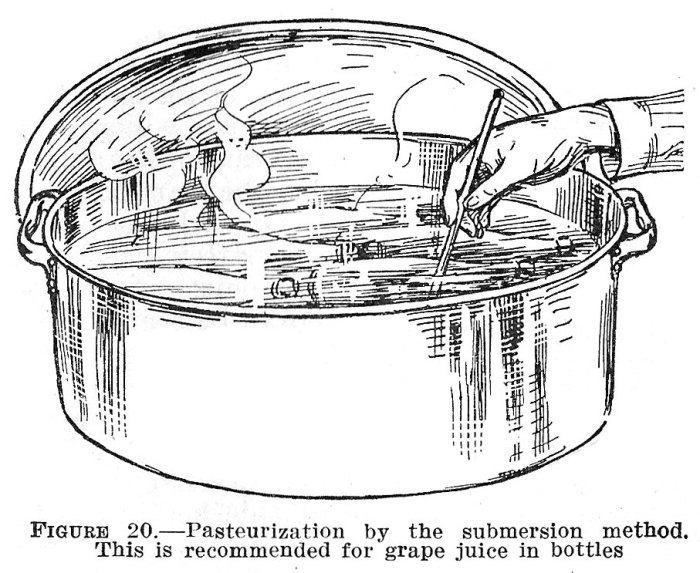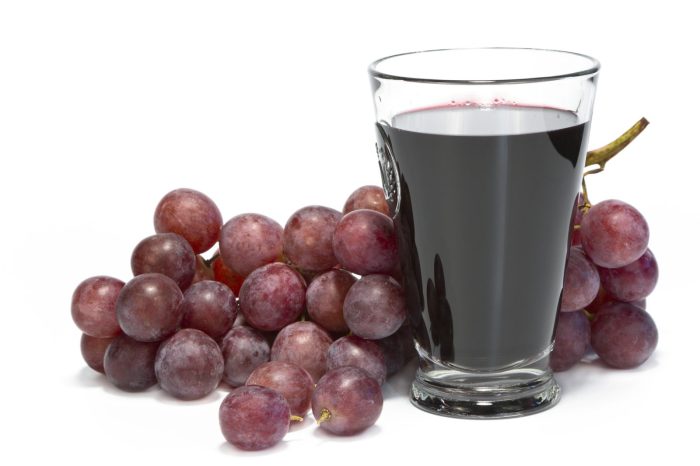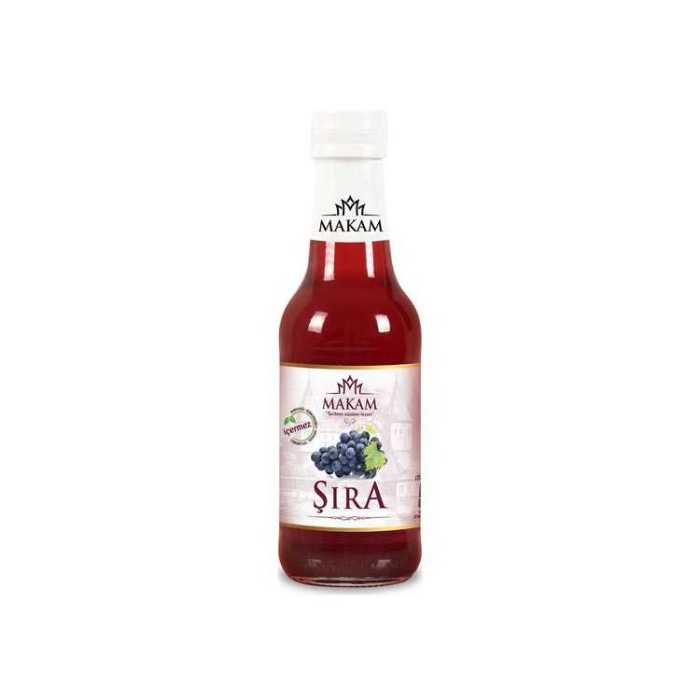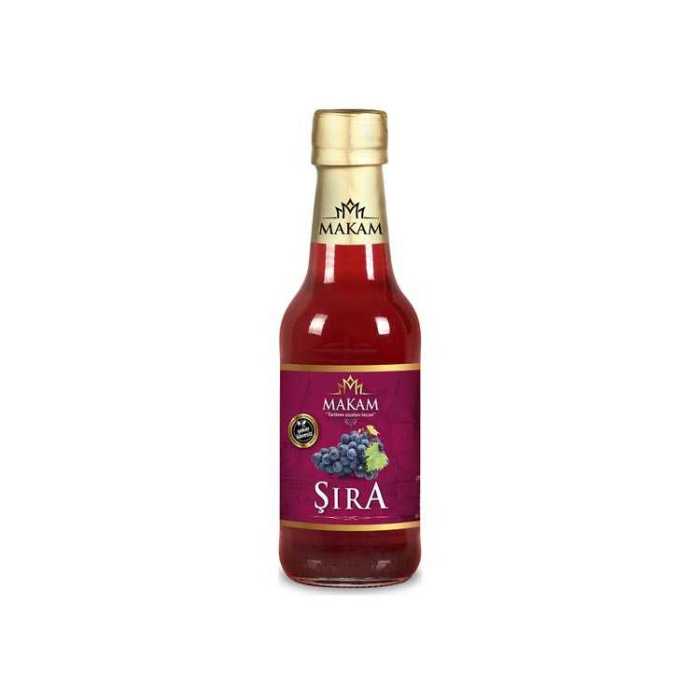Unfermented grape juice, a drink made of unadulterated grape juice, stands as a testament to the rich flavors and health-promoting properties that nature has to offer. Embark on a journey through the world of this remarkable beverage, exploring its characteristics, production process, nutritional value, culinary uses, and more.
From the vineyards where grapes are carefully cultivated to the bottling process that preserves its freshness, every aspect of unfermented grape juice holds a story worth telling. Dive into the intricacies of its production, discover the science behind its health benefits, and unlock its culinary potential as a versatile ingredient.
Grape Juice: An Overview
Grape juice is the unfermented juice extracted from grapes, offering a refreshing and nutritious beverage. It retains the natural flavors, aromas, and health benefits of grapes, providing a rich source of antioxidants, vitamins, and minerals.
Grape Juice Definition and Characteristics
Unfermented grape juice is the pure, unadulterated juice obtained from pressing and extracting grapes. It contains no added sugars, preservatives, or other additives. The composition of grape juice varies depending on the grape variety, growing conditions, and processing methods.
- Composition:Grape juice primarily consists of water, carbohydrates (mainly fructose and glucose), organic acids (tartaric acid, malic acid), and a range of vitamins, minerals, and antioxidants.
- Types of Grapes:Various grape varieties are used to make grape juice, including Concord, Cabernet Sauvignon, Merlot, and Chardonnay. Each variety imparts unique flavors and characteristics to the juice.
- Popular Brands:Some popular grape juice brands include Welch’s, Mott’s, and Jamba Juice.
Production Process of Unfermented Grape Juice
The production of unfermented grape juice involves several steps:
Harvesting and Sorting
Grapes are harvested at optimal ripeness to ensure maximum flavor and nutritional content. They are then sorted to remove any damaged or unripe fruit.
Pressing and Extraction, Drink made of unadulterated grape juice
The grapes are gently pressed to extract the juice. Traditional methods use hydraulic presses, while modern techniques employ centrifugal force to separate the juice from the skins and seeds.
Clarification and Filtration
The extracted juice undergoes clarification and filtration processes to remove impurities and sediment. This can involve enzymatic treatments, centrifugation, or filtration through membranes.
Nutritional Value and Health Benefits

Unfermented grape juice is a nutrient-rich beverage:
- Antioxidants:Grape juice is a potent source of antioxidants, particularly polyphenols, which have been linked to various health benefits.
- Vitamins and Minerals:It contains vitamins A, C, and K, as well as minerals such as potassium, manganese, and iron.
- Heart Health:Studies have shown that consuming grape juice may improve heart health by reducing blood pressure, improving cholesterol levels, and reducing inflammation.
- Anti-Inflammatory Properties:The antioxidants in grape juice have anti-inflammatory effects, which may benefit conditions such as arthritis and inflammatory bowel disease.
Storage and Preservation Techniques

Proper storage and preservation are crucial to maintain the quality and nutritional value of unfermented grape juice:
Storage Conditions
Grape juice should be stored in a cool, dark place to prevent spoilage. Refrigeration is recommended to extend its shelf life.
Preservation Methods
Various preservation methods are used to extend the shelf life of grape juice, including:
- Pasteurization:Heating the juice to a specific temperature to kill microorganisms.
- Refrigeration:Storing the juice at low temperatures to slow down spoilage.
- Aseptic Packaging:Packaging the juice in sterile containers to prevent contamination.
Culinary Applications and Pairing Suggestions

Unfermented grape juice offers versatility in culinary applications:
- Beverages:It can be enjoyed as a refreshing drink on its own or mixed with other juices or sparkling water.
- Desserts:Grape juice can be used as an ingredient in desserts such as jellies, sorbets, and fruit salads.
- Savory Dishes:It can add a touch of sweetness and acidity to savory dishes such as marinades, sauces, and glazes.
Comparison with Other Fruit Juices

| Grape Juice | Orange Juice | Apple Juice | |
|---|---|---|---|
| Nutritional Value | High in antioxidants, vitamins A, C, and K, minerals | Rich in vitamin C, potassium | Good source of vitamin C, fiber |
| Health Benefits | May improve heart health, anti-inflammatory | Boosts immunity, lowers cholesterol | May reduce cholesterol, improve digestion |
| Taste | Sweet with a tart finish | Sweet and tangy | Sweet and mild |
Market Trends and Consumer Preferences
The market for unfermented grape juice is influenced by:
- Health Consciousness:Consumers are increasingly seeking healthy and nutritious beverages.
- Taste Preferences:Grape juice appeals to a wide range of consumers due to its balanced sweetness and tartness.
- Target Market:The primary target market for grape juice includes health-conscious individuals, families, and those looking for a refreshing and nutritious beverage.
Sustainability and Environmental Impact: Drink Made Of Unadulterated Grape Juice
The grape juice industry recognizes the importance of sustainability:
- Sustainable Practices:Grape growers are adopting sustainable practices such as organic farming and water conservation.
- Carbon Footprint:Producers are reducing their carbon footprint through energy-efficient processes and renewable energy sources.
- Eco-Friendly Packaging:The industry is moving towards eco-friendly packaging materials and waste reduction initiatives.
Detailed FAQs
What is the difference between unfermented grape juice and wine?
Unfermented grape juice has not undergone fermentation, unlike wine, which contains alcohol as a result of the fermentation process.
Can unfermented grape juice provide health benefits?
Yes, unfermented grape juice is rich in antioxidants and other nutrients, offering potential health benefits such as reduced inflammation and improved heart health.
How can I incorporate unfermented grape juice into my diet?
Unfermented grape juice can be enjoyed as a refreshing beverage, used as a base for smoothies, or incorporated into various culinary creations, such as sauces, marinades, and desserts.